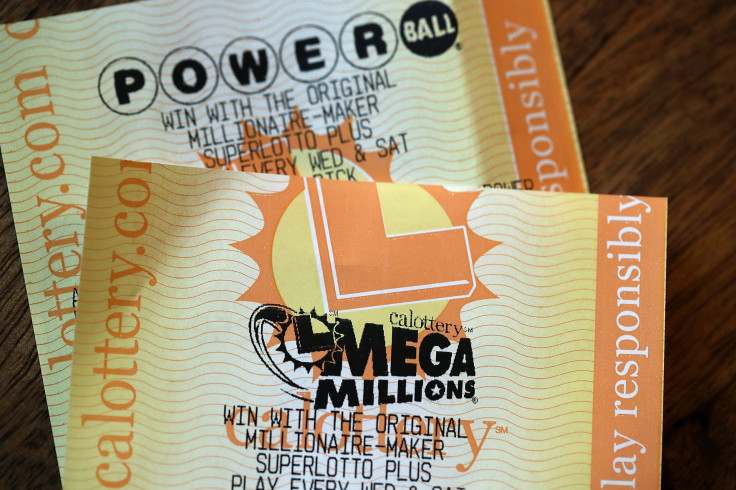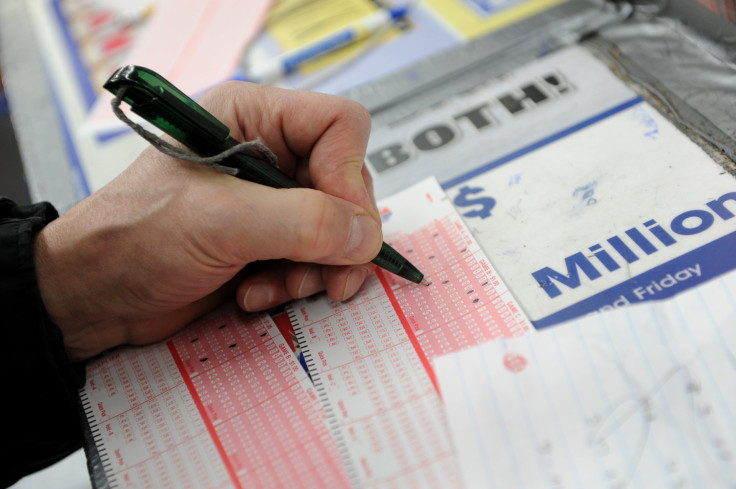Mega Millions Jackpot Details You Should Know: Taxes, Cash Payout, Annuity

KEY POINTS
- The $1.35 billion Mega Millions jackpot is the second-largest in the lottery's history
- The IRS charge a minimum 24% federal withholding tax upfront on lottery winnings
- Majority of states also charge taxes ranging from 3% to 6% on lottery winnings
The Mega Millions jackpot, one of the two big jackpot games in the U.S., is now at an estimated $1.35 billion after no one snagged the big prize in Tuesday night's drawing, making it the second-largest in the lottery's history.
The next drawing for the Mega Millions prize is scheduled for Friday night. That being said, the winner may need to wait for at least 30 years before they become a billionaire, even if the jackpot is valued at $1.35 billion. This also depends on where the winner bought their ticket.
Is the Mega Million jackpot subject to federal taxes?
The Internal Revenue Service charges a minimum 24% federal withholding tax upfront on lottery winnings, regardless of whether the winner chooses to go for a one-time cash option or annual payments. The total tax bill can reach 37% when the winner files their returns.
On top of federal tax, the majority of states also charge taxes on lottery winnings. The amount ranges from 3% to 6% on average, depending on the state. However, it can go up to 10% in New York.
Currently, only eight states do not charge taxes on lottery winnings -- California, Florida, New Hampshire, South Dakota, Tennessee, Texas, Washington and Wyoming.
How much do winners get in a cash payout?
Winners who choose to get a one-time, lump-sum payment will receive the cash that is in the Mega Millions jackpot prize pool. In the current pool, that would equate to roughly $707.9 million.
The lump sum, however, will be subject to federal taxes. With the IRS' federal withholding tax, the winner will pay $169.9 million and take home $538 million. With a federal tax rate of 37%, the winner will pay about $261.9 million in federal taxes and take home $446 million.
How much do winners get in annual payments?
Winners who choose Mega Million annuity are given one immediate payment followed by 29 annual payouts, each of which is 5% bigger than the previous one.
With the IRS' 24% federal tax, the winner will pay $324 million upfront and take home $1.026 billion by 2052. With a federal tax rate of 37%, winners choosing annuity payments will pay a total of $499.5 million in federal tax and take home $850.5 million.
While annuity payments act as guaranteed income, there are certain drawbacks. For instance, tax rates could increase over the next 30 years, which means more money would go to the federal government than into the winner's pocket. Additionally, the entity making the payout over the next 30 years could run out of money and declare bankruptcy.

© Copyright IBTimes 2024. All rights reserved.






















